A Fundraiser for Gaza Hopes to Wake Up the Coffee Industry
For 18 months, the coffee industry has remained mostly silent about the ongoing destruction of Gaza. A new fundraiser hopes to raise money—and jolt the industry awake.
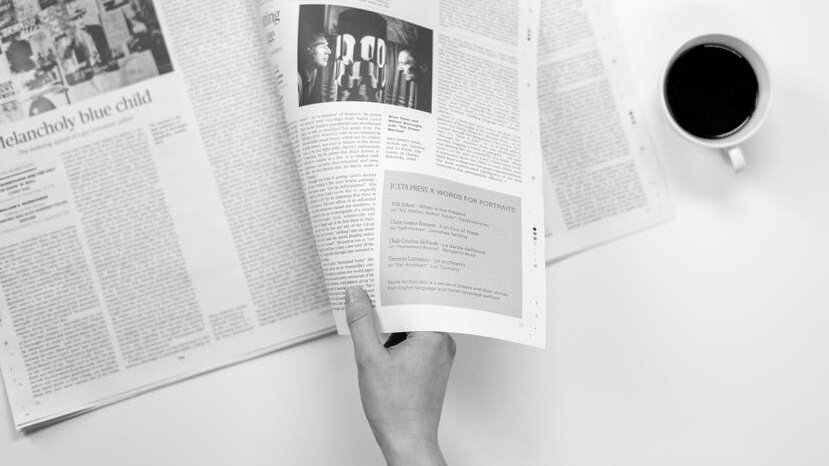
A hand turns the pages of a newspaper next to a cup of coffee, seen from above. Via Pexels.
This week’s Coffee News Roundup is your standard affair, with studies and announcements and coffeewashing. Let’s see what’s been happening.
A long-lost coffee species, not seen in the wild since 1954 and thought by some to be extinct, has been rediscovered in the forests of Sierra Leone and could prove important to coffee’s turbulent, unpredictable future.
Coffea stenophylla, the species in question, was discovered by an international cadre of scientists and is said to taste similar to everyone’s favorite Arabica but with a climate resilience more akin to its plebeian cousin Robusta. Stenophylla, the researchers note, is well suited to growing in higher temperatures and is more drought-tolerant, as well as possibly being less susceptible to coffee leaf rust.
“The idea is that stenophylla could be used, with minimum domestication, as a high-value coffee for farmers in warmer climates,” said Aaron Davis, head of coffee research at the UK’s Royal Botanic Gardens at Kew, who headed the research. “For the longer term, stenophylla provides us with an important resource for breeding a new generation of climate-resilient coffee crop plants, given that it possesses a great flavor and heat tolerance.”
Importantly, when taste tests were performed last year, stenophylla received a score of 80.25, according to Sprudge, giving it specialty status: “In fact, when asked if they thought the coffee was Arabica, 81% of the judges on the panel stated that they believed it was.” You can also now watch James Hoffmann’s experience of tasting the new species in his latest video.
In a future looking more and more inhospitable to coffee, discoveries like this one could prove pivotal.
A more generous definition of “discover” on display here, as instead of hunting through the dense forests of Sierra Leone to find a previously lost coffee species, Nestlé scientists in France… did standard cross-breeding to create new “low carbon” Robusta varieties.
Now, to be fair, cross-breeding to develop new, more efficient versions of the already productive Robusta variety can’t be a bad thing—with the way the world is heading, and the existential threat that the climate crisis poses to coffee as a whole, we’re going to need them.
These new varieties offer “up to 50 per cent higher yields per tree”, and because they therefore take fewer resources to grow, “the result is an up to 30 per cent reduction in the CO2e (carbon dioxide equivalent) footprint of the green coffee beans.”
For producers reliant on an extremely fragile plant, Nestlé contends, these sorts of innovations are surely helpful. “Ultimately,” the article in Global Coffee Report states, “Nestlé says such new varieties will help farmers earn a better living by enabling them to grow more high-quality coffee on the same amount of land, sustainably, and with a lower carbon footprint.”
But of course Nestlé is a gigantic corporation with billions in revenue and a long history of polluting the world and stealing resources from people in developing countries. They’re trying to find solutions to a problem that, as one of the biggest producers of bottled water and the largest producer of packaged food in the world, they helped exacerbate.
Usually these sorts of product announcements don’t strike me as newsworthy, but this one is a bit different. The Hario V60 is iconic, a staple brewer from high-end coffee shops to barista championships to my coffee brewing table. And now there’s a new one!
Currently available only in Taiwan and Korea, the W60 was designed “in collaboration with 2013 World Barista Champion Pete Licata to bring more versatility to your brewing” according to Sprudge.
So how does it work? Sprudge explains:
With its billowed cone shape, the new W60 is designed to hold standard paper filters as well as a custom-designed flat bottom resin mesh filter. And the W60 was designed to even use the two simultaneously for a double filtration system. This, according to the website, allows users the option of brewing a weightier cup with the mesh filter, a cleaner brew generally associated with V60s, or by combining a two, a cup that combines the even extraction of a flat bottom filter with the clean flavors of a paper cone.
I’ve always had a soft spot for the V60, with its simplicity and ease of use. Once the W60 is released in the States, I will be at the front of the queue.
Read the full story and see photos of the new W60 here.
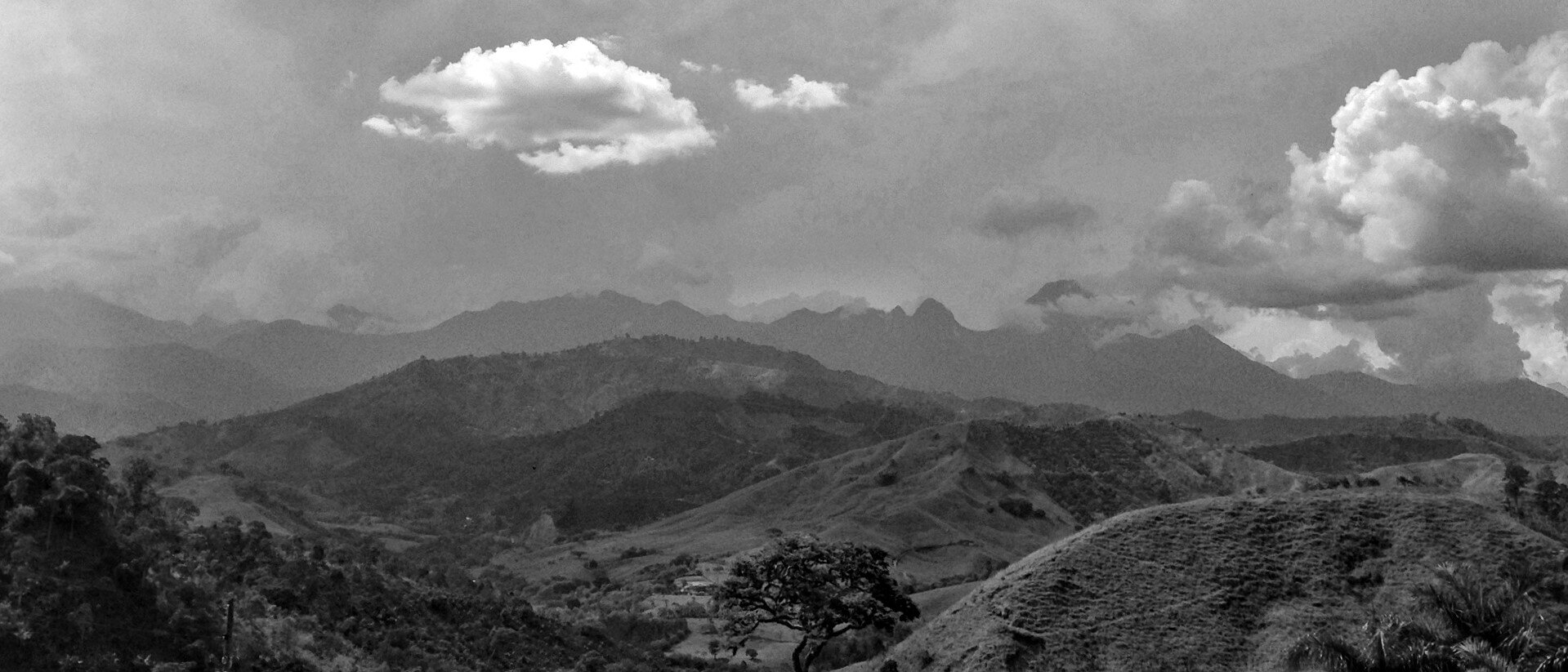
Long shot of Colombian coffee farms with mountains in the distance.
Nesco Home Coffee Roasters Recalled Due To Overheating Incidents
Price Premium For High-End Coffee Reaches Highest Since 2016
Starbucks And Arizona State University Launching Retail Innovation Center
Back in September 2020, we launched this Roundup subsection with a story about workers at White Electric Coffee in Providence, RI, who were looking for support to enable their newly formed union to purchase the business and create a worker-owned cooperative.
Well, as of this week, they succeeded! The group of employees raised $50,000 from the community to enable the purchase, after the previous owners had expressed interest in selling to the nascent union (the union was also voluntarily recognized by the owners—a nice change).
Everyone’s favorite humongous beverage conglomerate Keurig Dr Pepper has announced a “milestone in sustainability” as it has “eliminated one million pounds of virgin plastic used in its popular K-Mini series of coffee makers.”
This involves increasing the use of post-consumer recycled plastic in the making of its little Keurig pod machines, up a whole 15% from its launch in 2020.
They could eliminate even more virgin plastic if they just stopped making the damn things. There are dozens of different models and versions, why not just stop making some? That would save a lot of plastic, but wouldn’t generate a puffy news article about sustainability and whatnot.
Apparently if you drink three to five cups of coffee per day you’ll be more alert (duh) but also have better memory. A new study in Molecular Psychiatry found that regular coffee drinkers displayed “quicker connectivity in the cerebellum, the right precuneus, and the right insular,” or more efficient and beneficial patterns of connectivity, as well as displaying “greater memory and learning abilities”.
This might also suggest better motor control in the coffee drinkers, and importantly the results were reproduced when the non coffee drinkers finally had some coffee. As always, caveats: there were only 56 subjects involved, and the study doesn’t say what a “cup of coffee” really is.
Still, the researchers are positive, saying: “The findings help to understand improving the effects of caffeine, highlighting improved motor control, increased levels of attention and alertness, and benefits in learning and memory.”
How To Pick The Best Coffee Filter For You by Zac Cadwalader
An Ode To Hot Coffee by Jake Safane
Until next week, drink good coffee.
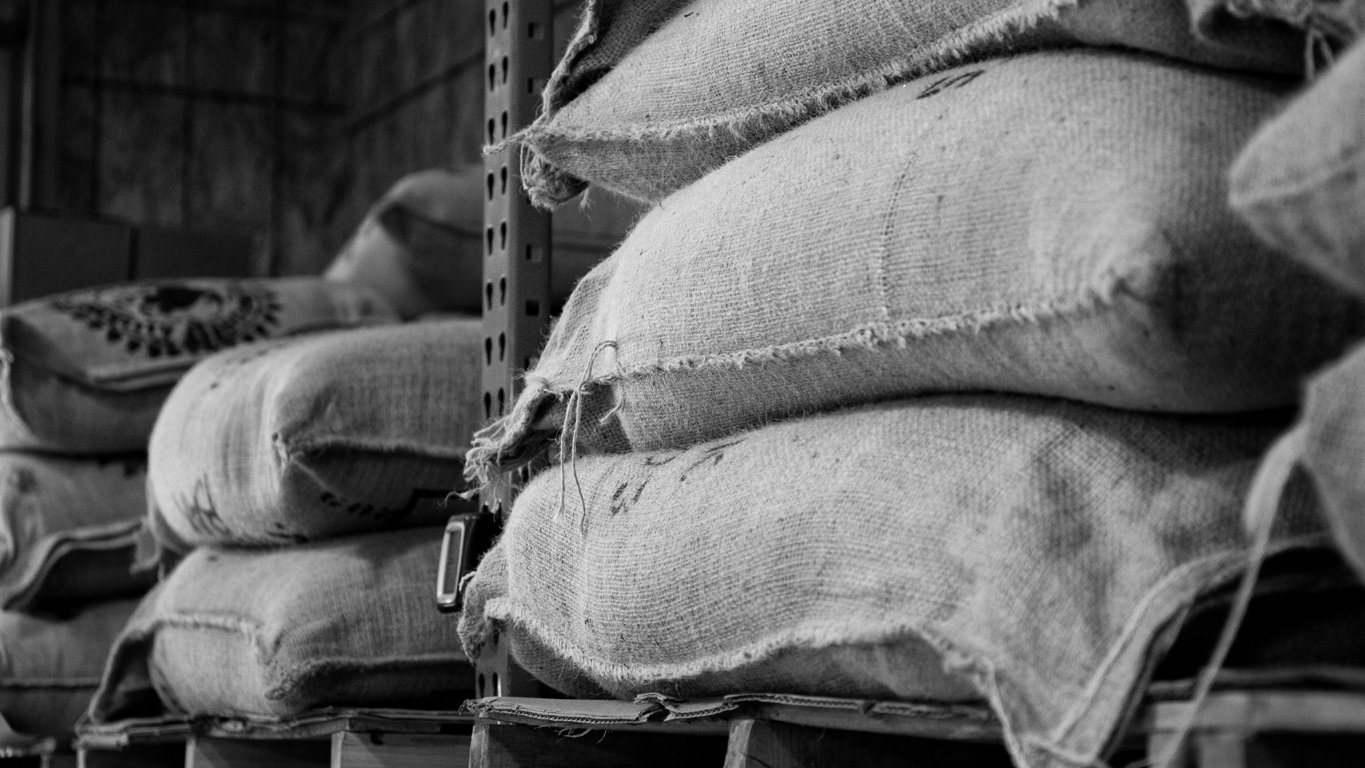
Nov 24, 2023 Connecting the Dots: Inside the 2023 Coffee Barometer Nov 24, 2023 Nov 24, 2023
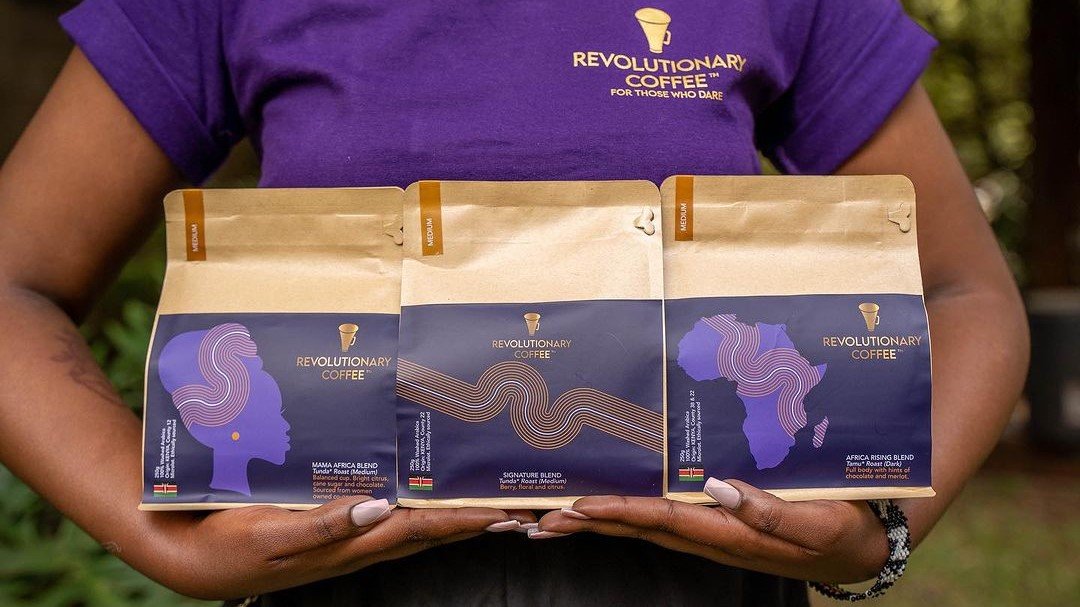
Oct 21, 2023 'Specialty Coffee Should be Enjoyed by Those Who Grow It': The Farmer's Daughter Joining Kenya's Coffee-drinking Revolution Oct 21, 2023 Oct 21, 2023
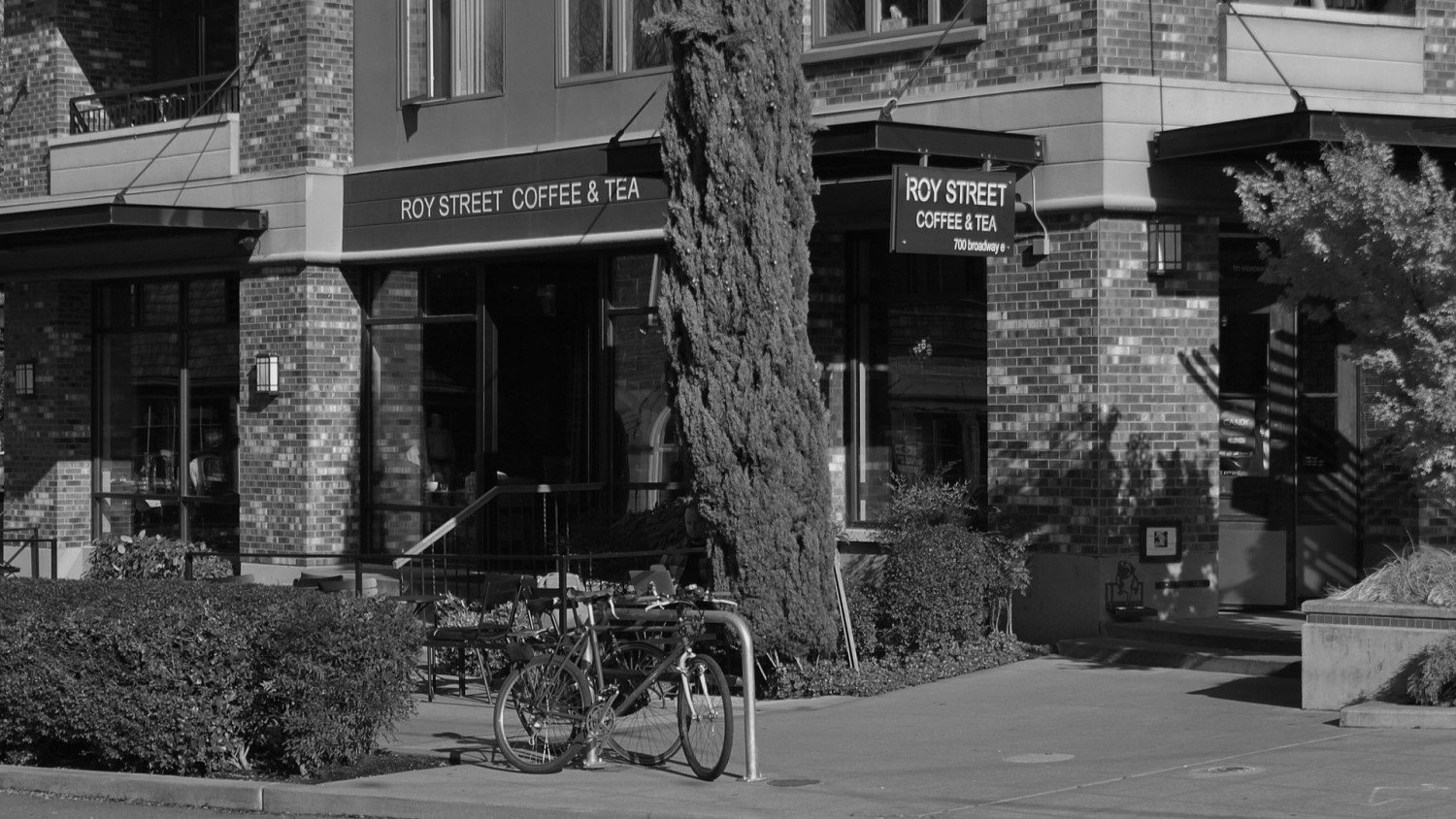
Oct 6, 2023 Stealth Starbucks: A Premonition of Modern Specialty Coffee Oct 6, 2023 Oct 6, 2023
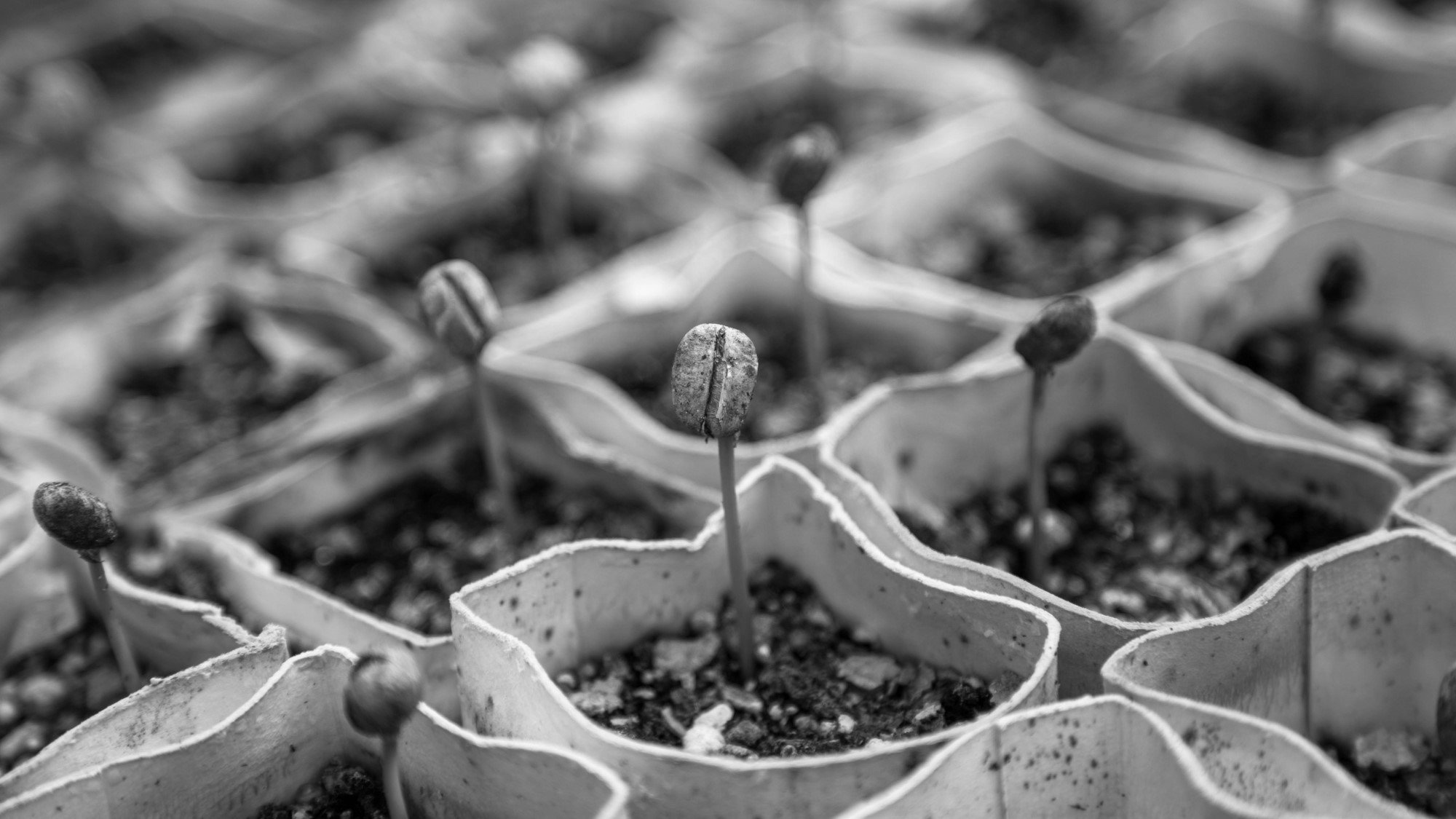
Sep 22, 2023 Can the Coffee Change Fund Save Coffee? Sep 22, 2023 Sep 22, 2023
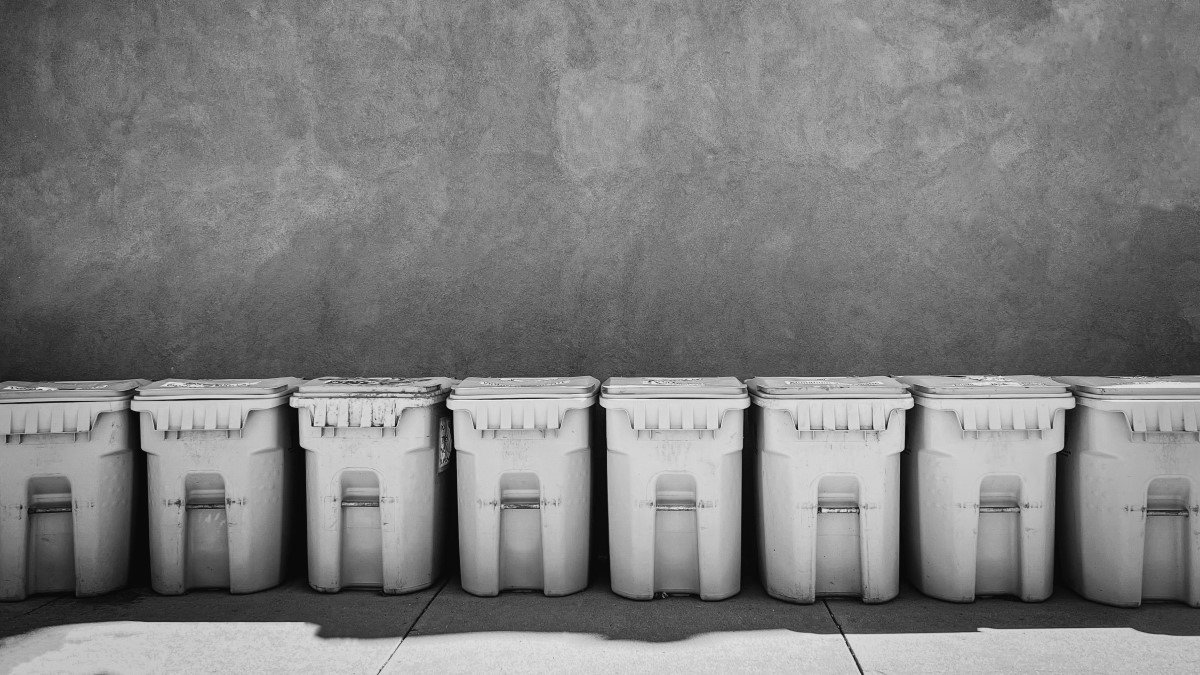
Sep 8, 2023 Upcycled Coffeewashing Sep 8, 2023 Sep 8, 2023
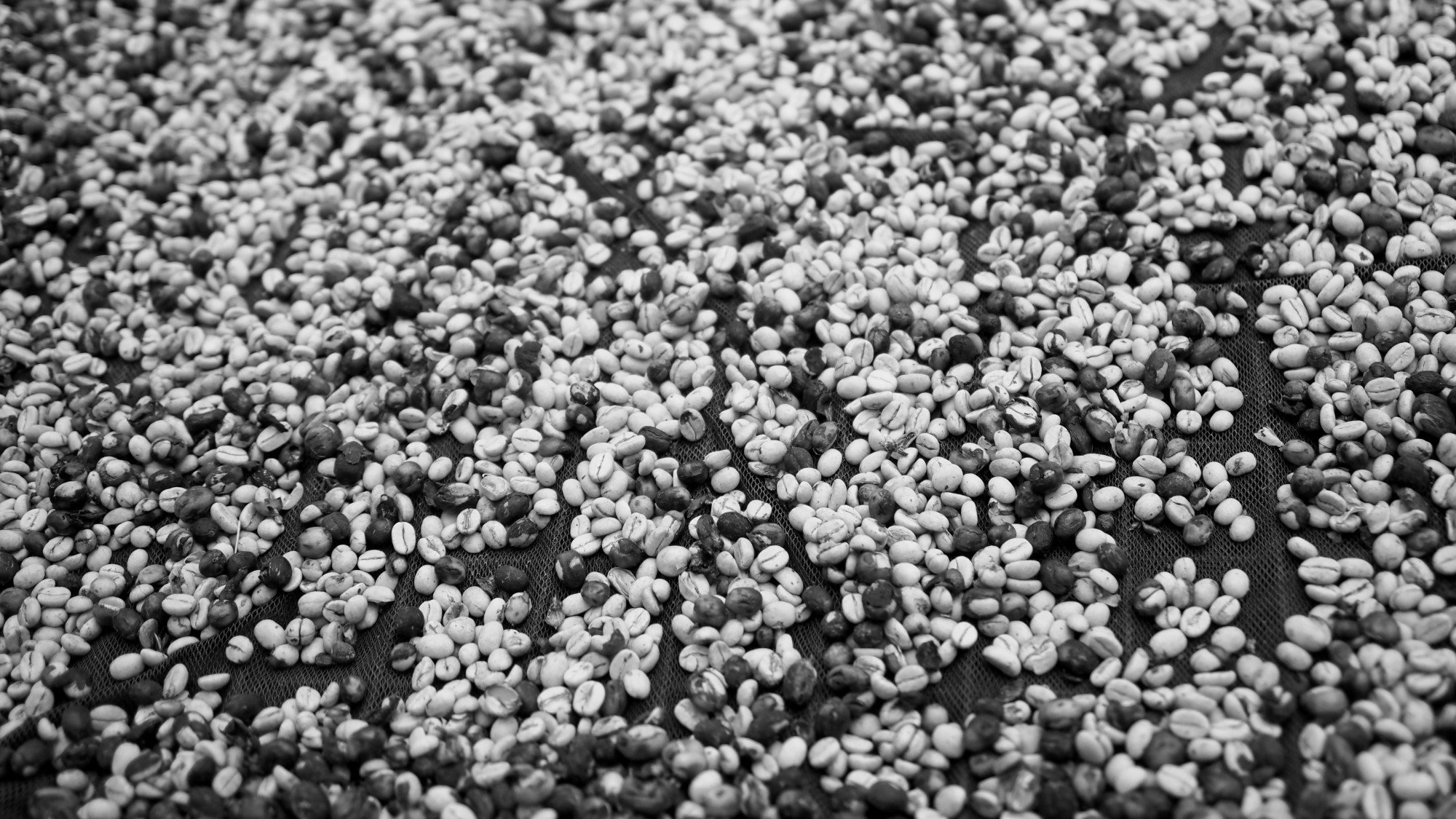
Aug 25, 2023 From A Concerned Farmer Aug 25, 2023 Aug 25, 2023
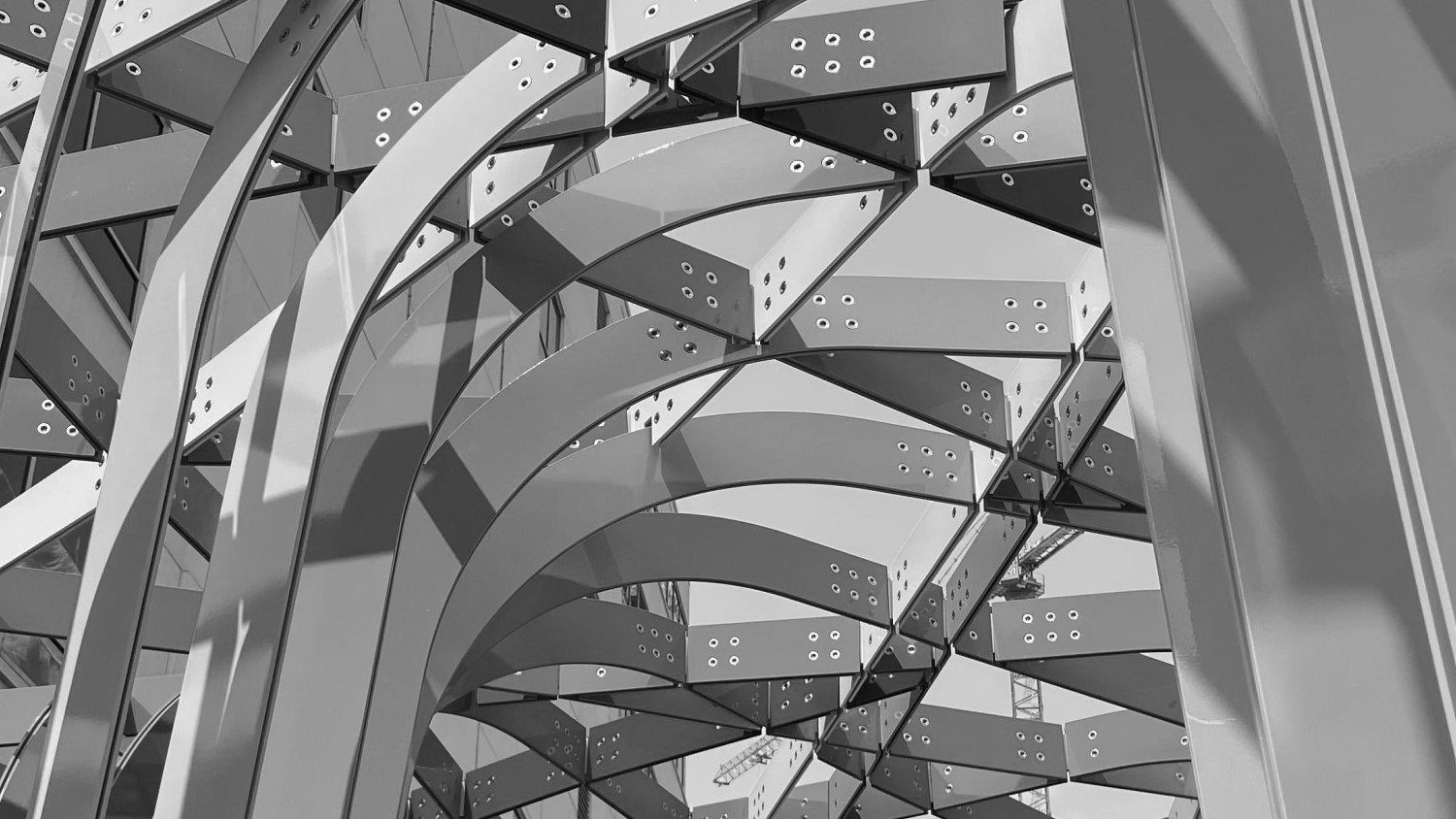
Aug 11, 2023 Philly is a (Coffee) Union Town Aug 11, 2023 Aug 11, 2023
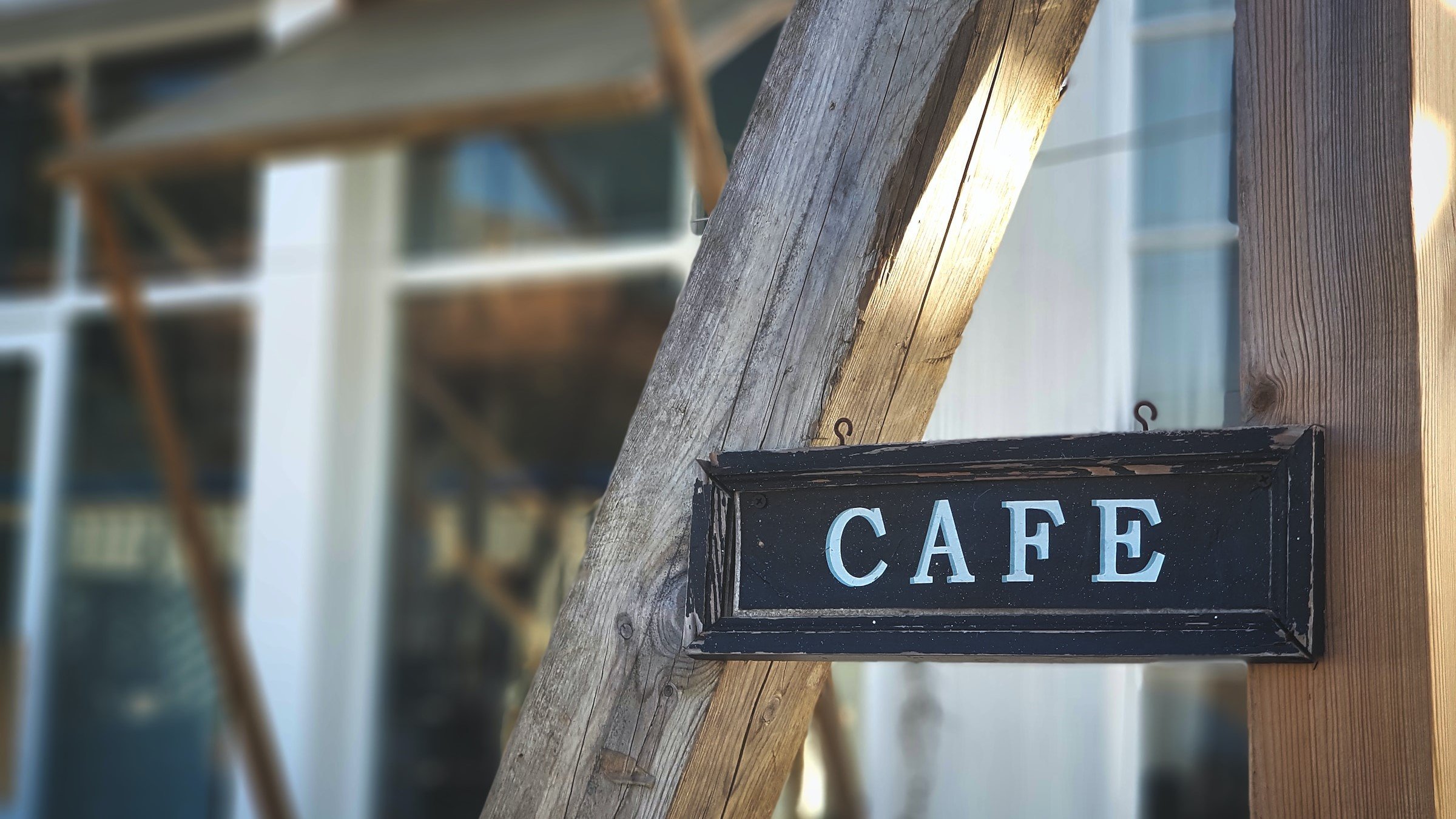
Jul 28, 2023 South Korea's Coffee Wars Jul 28, 2023 Jul 28, 2023
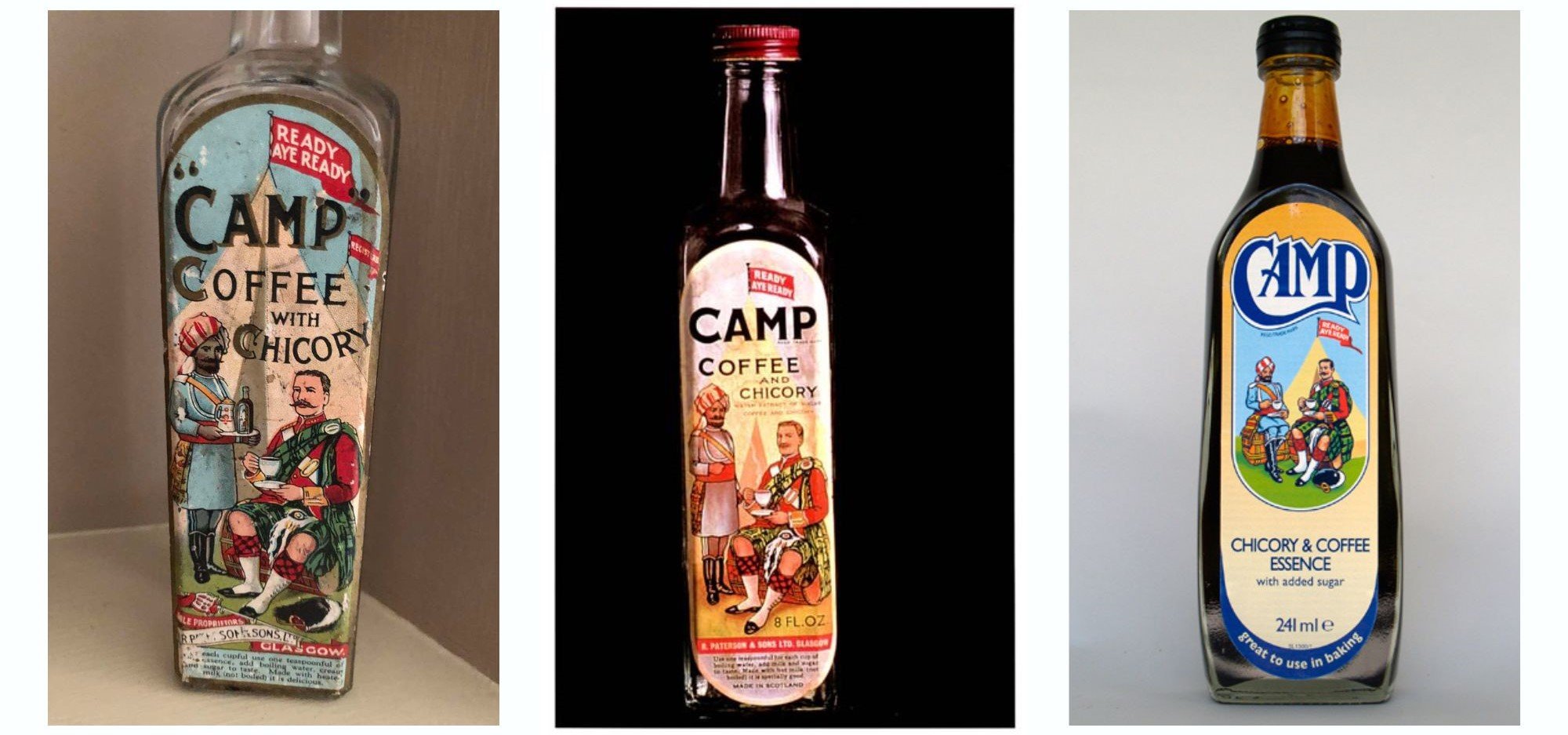
Jul 14, 2023 Camp Coffee, Colonialism, and the Evolution of a Brand Jul 14, 2023 Jul 14, 2023
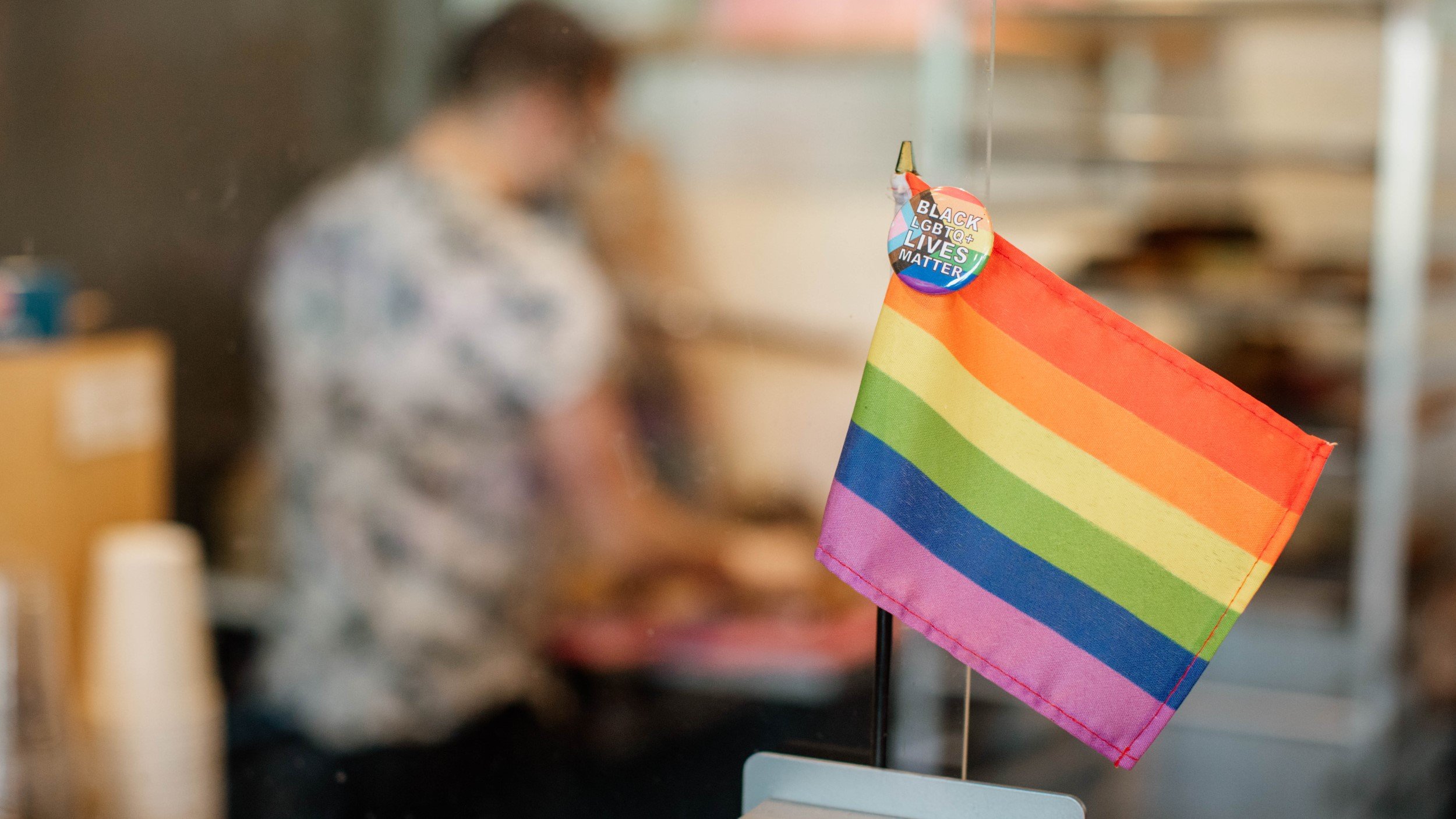
Jun 30, 2023 Defiance and Gay Frog Donuts: How Strange Matter Coffee is Navigating the Anti-LGBTQ+ Backlash Jun 30, 2023 Jun 30, 2023
A newsletter about coffee—its culture, politics, and how it connects to the wider world.